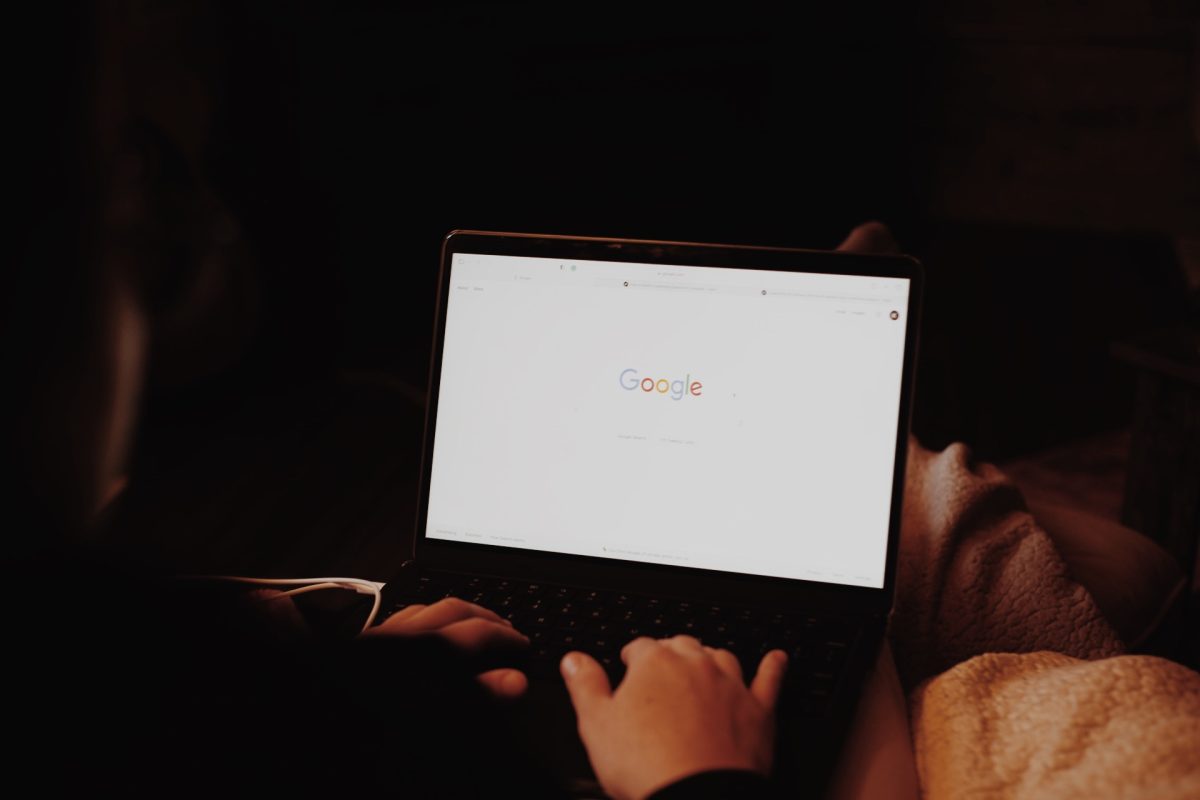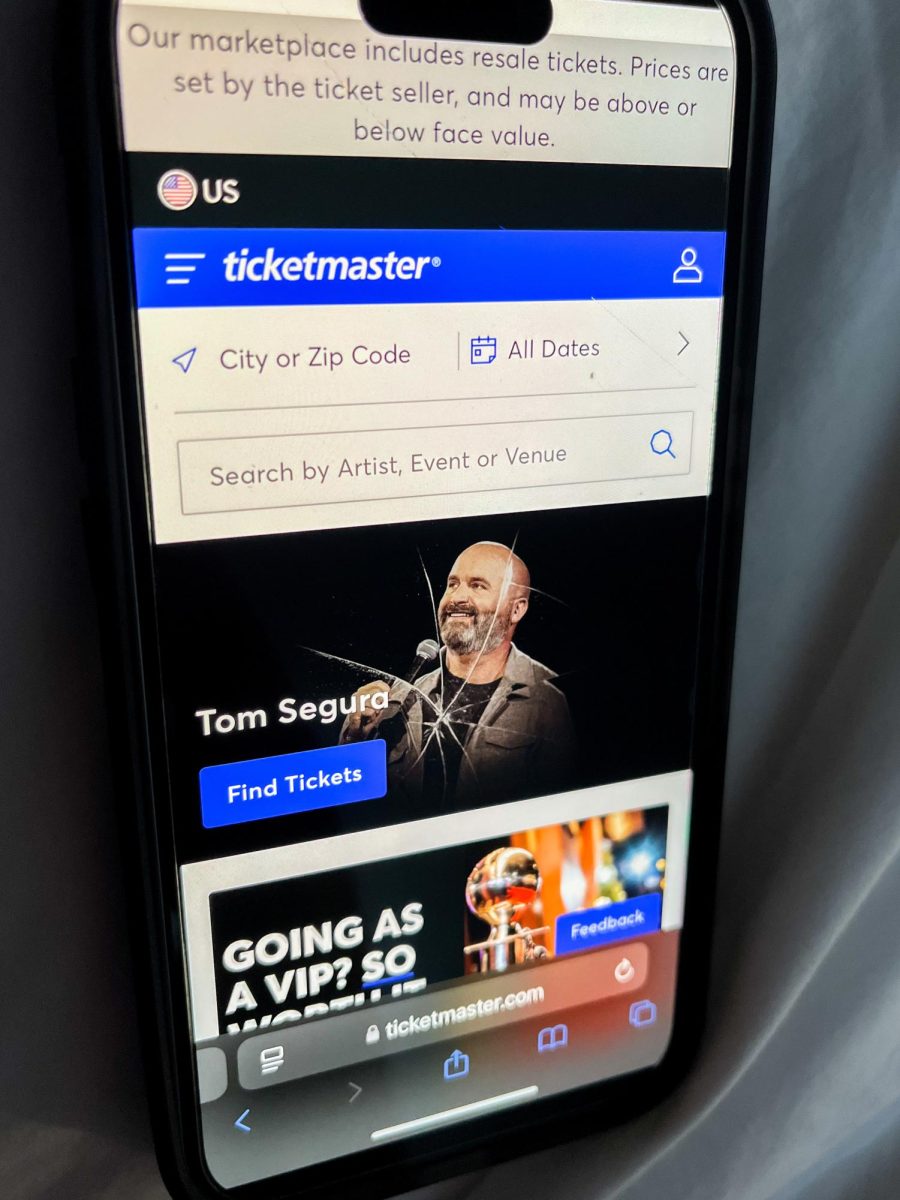If you think it is too good to be true, it probably is, even when considering the internet. There are a variety of social and individual costs to our online presences that are easy to overlook; our virtual worlds are filled with everything from misinformation to severe privacy issues. But how does this work and what can we do to make our internet environment a safer place?
Our current internet environment has evolved significantly since its conception, with each new development creating an even more personalized experience for each user. This is done through tools like Google’s personalized search and Facebook’s personalized news stream, which rely on tracking users’ locations, search histories, and social networks to display what the users want to see, rather than other results that might go against the users’ worldviews. According to internet activist Eli Pariser, this happens in three steps, “First, you figure out who people are and what they like. Then, you provide them with content and services that best fit them. Finally, you tune in to get the fit just right. Your identity shapes your media.” This keeps consumers coming back for more, but at the cost of their privacy and education.
These “filter bubbles,” as Pariser named them, distort reality for their users. They limit exposure to other important information and ideas and ultimately narrow our understanding of the world. In this internet environment, there is nothing to learn as we are all indoctrinated with our own ideas, what Pariser calls “invisible auto-propaganda.” Truth is not the only thing at stake here; we are not only sold packaged worldviews but are ourselves (through our online profiles) sold to advertisers and government agencies.
It is widely known that companies profit from harvesting and selling our data, even our internet service providers are allowed to do so here in the United States, a practice that has been largely banned all around the world. In addition to this, it is very standard for websites to use cookies to track users all over the internet. This selling of our privacy and narrowing of our worldviews is highly profitable with Invisibly reporting in 2021 that “In 2020, LinkedIn Marketing Solutions earned more than $3 billion in revenue by providing advertisers access to their 700m + users. Likewise, YouTube hit $6.9 billion in advertising revenue in that same window.” Although we may not be paying in dollar bills for the internet, it is clear that we are paying with information, privacy, and at the cost of a more truthful perception of the world.
How then can we navigate this essential part of our lives without losing too much? Research suggests that “algorithmic awareness” is key. Through educating ourselves on how our data impacts what we see on the internet and our privacy, we can better understand how to navigate cookie and tracking requests as well as how our news feeds work. A better education on online platforms is absolutely vital, especially as the internet only continues to be a dominating power globally.
Kira Symington is a Dakota Student Section Editor. She can be reached at kira.symington@und.edu.














